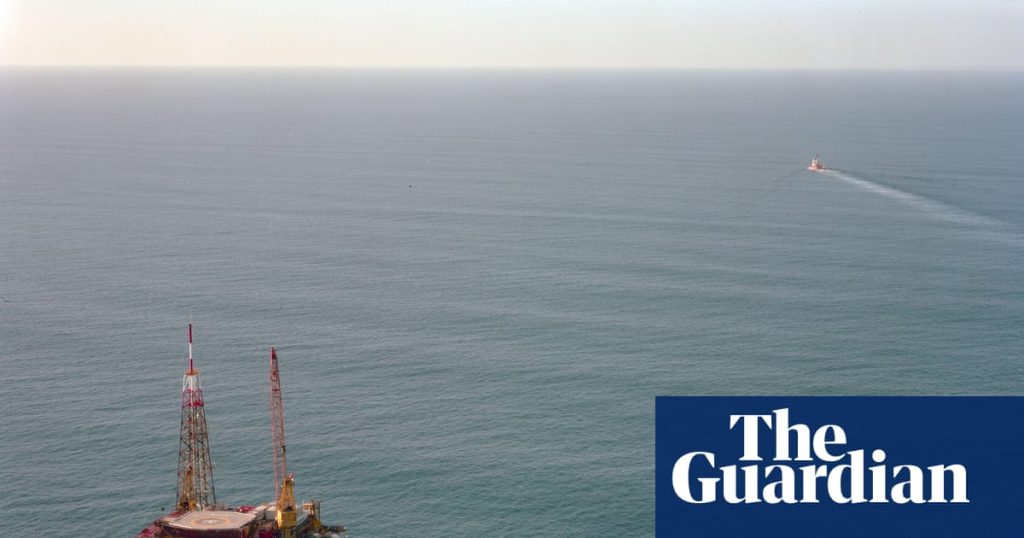New Zealand’s government has voted to resume oil and gas exploration despite an outcry from the opposition and environmental groups who argue the reversal will lay waste to the country’s climate credentials.
In 2018, the Jacinda Ardern-led Labour government banned the granting of new offshore oil and gas exploration permits as part of its plan to transition toward a carbon-neutral future.
Environmental groups hailed the ban as a milestone in the fight against climate change, and commended New Zealand for standing up to “one of the most powerful industries in the world”.
But on Thursday afternoon, the ruling right-wing coalition voted to reverse the ban after the third and final reading of the crown minerals amendment bill – a move it believes will alleviate energy shortages and high energy prices. The bill passed by 68 votes to 54.
“The ban sent a chilling message to the investment community, halting the very exploration that underpins our energy security and leading directly to the supply constraints and price volatility that we see today,” climate and energy minister Simon Watts told parliament.
“In times where renewable production decreases, it is clear that we need contingency options to ensure that Kiwis are not left footing a bigger bill, and to ensure that we have sufficient supply.”
The bill formed part of the minor populist New Zealand First’s coalition agreement with the larger centre-right National Party and is the latest in a run of controversial government policies that environmental groups believe threaten New Zealand’s unique biodiversity, natural resources and path toward a greener future.
In 2024, the government passed a law that could see contentious mining and infrastructure projects fast-tracked for approval, while in May, the coalition set aside $200m of its budget to invest in gas exploration. In June, New Zealand pulled out of the Beyond Oil and Gas Alliance, an international coalition for phasing out fossil fuels.
The coalition government plans to boost mineral exports to $3bn by 2035, and at the same time has slashed funding to conservation and climate initiatives. The government has said these policies will enable economic growth.
Opposition parties were united against the bill, with Labour’s Megan Woods calling it “an ideological desire to look to the past instead of investing in the future ”.
Steve Abel, from the Greens, said the decision to restart oil and gas was “shamefully regressive” and efforts to bring back investors would be “futile”.
New Zealand’s vote to restart fossil fuel exploration comes just one week after the world’s top court ruled that states must tackle fossil fuels and failure to prevent harm to the climate could result in them being ordered to pay reparations.
Dr Kayla Kingdon-Bebb, the chief executive of WWF New Zealand, called the legislation “egregious” and “deranged”.
“We are yet again dangerously off track and putting our international reputation in the shredder,” she said.
Meanwhile, an 11th hour amendment to the bill would weaken the law that requires oil and gas permit holders to pay for the decommissioning and clean-up of wells, said Dr Jen Purdie, a senior research fellow at the University of Otago’s centre for sustainability.
Rules around the clean up of decommissioned wells were strengthened in 2021, after taxpayers had to pick up a NZ$400m bill for decommissioning the Tui oilfield after the oil company collapsed.
“Weakening these laws re-opens the prospect of taxpayers paying for clean-up,” Purdie said.

